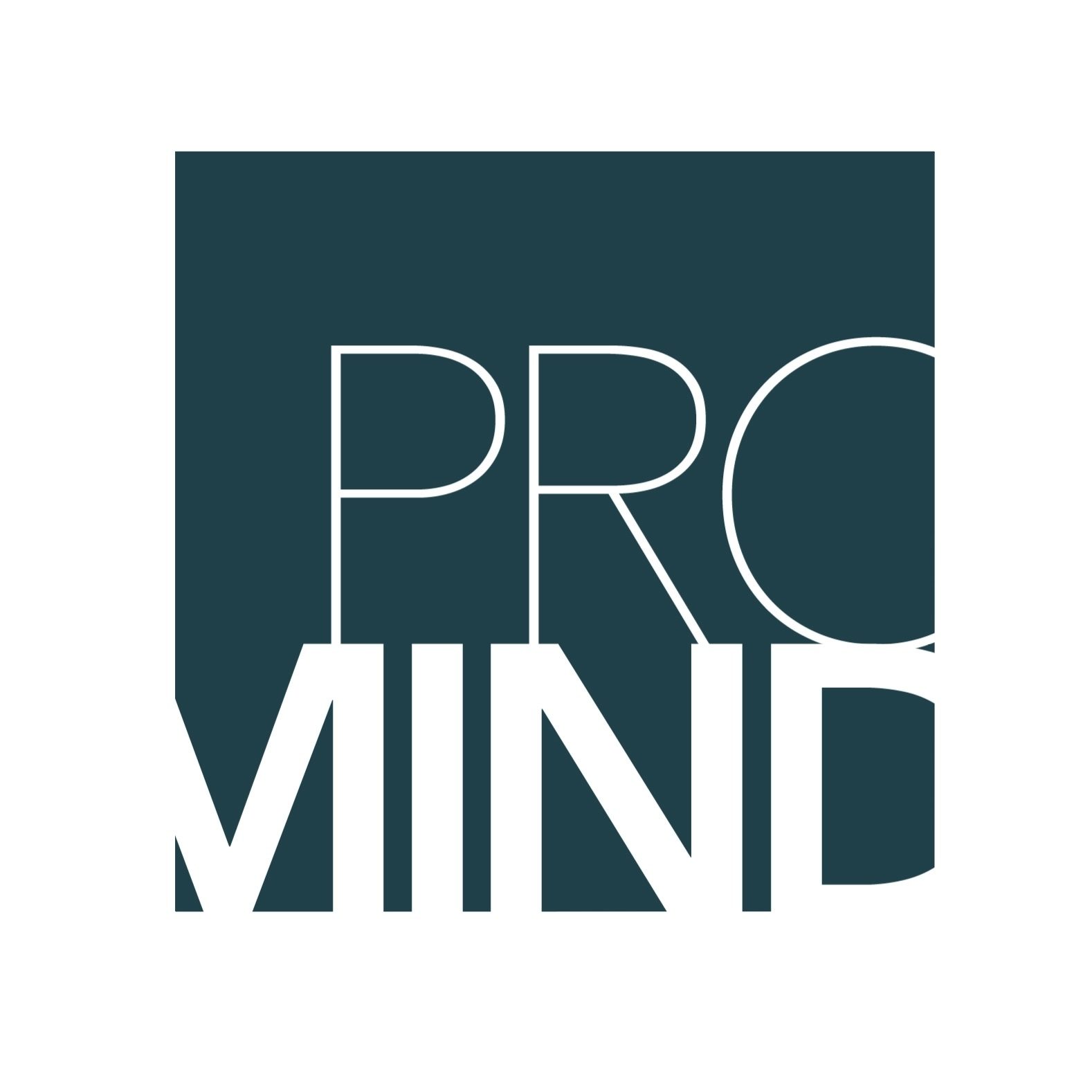To improve and innovate psychological treatments for major depressive disorder (MDD), a better understanding on how symptoms ameliorate during treatment is essential. In cognitive behavioral therapy (CBT), one of the most investigated treatments for MDD, a prominently hypothesized key therapy process to reduce depressive symptoms is the acquisition of CBT skills. However, it is unclear whether procedures focused on the acquisition of CBT skills play a causal role in the improvement of CBT skills. In addition, cognitive and neurobiological impairments inherent to MDD might interfere with efficient skill learning and patients may vary in these impairments and their capacity to learn. In this randomized trial, we isolate a single CBT Skill Acquisition Procedure (CBTSAP) and test its direct effects on CBT skills, change in related therapy processes and outcome. We hypothesize that the CBTSAP causes improvements in CBT skills, related therapy processes and outcome compared to an active control condition. In addition, we hypothesize that learning capacity moderates the effects of CBTSAP on change in CBT skills, related therapy processes and outcome. Last, we hypothesize that integrating mental imagery as cognitive support to strengthen the effects of the CBTSAP will be most beneficial for patients with low learning capacity.
This project is funded by a Rubicon research grant granted to S. Bruijniks by the Dutch Research
Council Social Sciences and Humanities from NWO.
https://www.skilt-projekt.uni-freiburg.de/
Researcher: Sanne Bruijniks, Fritz Renner, Jessica Werthmann, Max Heise
